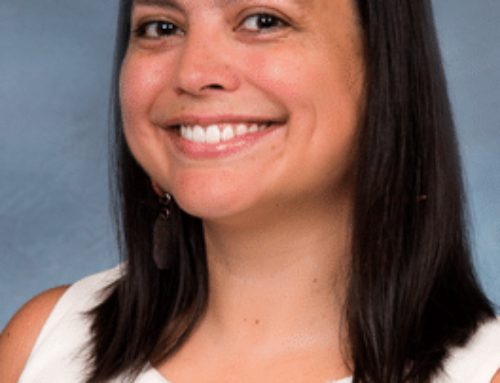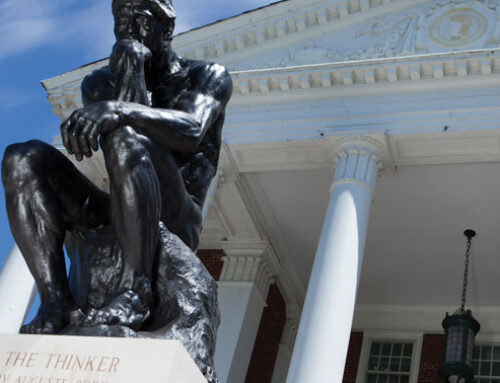By Daniel Cruse —
Kyle Mays from the University of California presented a lecture about the relevance of politics and culture in Native American and indigenous hip-hop in the Bingham Humanities Building October 11. It was his second presentation on indigenous studies so far this semester.
Mays has researched and written extensively about the effect of indigenous cultures on America. He has published two books on the subject: Hip Hop Beats, Indigenous Rhymes: Modernity and Hip Hop in Indigenous North America and The Indigenous Motor City: Indigenous People and the Making of Modern Detroit.
The talk was designed to inform a wide audience about a sect of culture and art that is seldom explored by many people: indigenous hip-hop. Mays’ goal was to dive into why it is not widely discussed and acknowledged.
Mays spoke how colonialism, racism, bigotry and prejudice against Indigenous people in this country has pushed them out of the cultural zeitgeist, regardless of how much merit is found in their art and society.
Hip-hop has, for many years, been an art form to inspire those who are being oppressed to stand up and unify and relate their feelings through music and poetry.
Mays played a song featuring many indigenous performers, called Stand Up, about resisting the Dakota Access Pipeline that would harm the environment and hurt the land.
He then went on to discuss the violence against indigenous women, playing City Lights by Pooky + Briskool. The song addresses the issue of missing or murdered indigenous women in Canada and the rest of North America.
Mays cited the song as an example of indigenous Hip Hop Feminism, designed to raise awareness of the issue and to hopefully mobilize groups of activists to speak out and make some kind of change.
After the songs, Mays told the audience that the rights of indigenous people is not an issue of the past.
“The struggle of indigenous peoples has existed since the first settlers arrived and still continues to this day,” Mays said.
He said the purpose of his research and work is to inform and raise awareness, and hopefully to inspire action for those who may want to create art or protest or do anything they can to make a difference.
Mays then thanked the African and Liberal Studies programs, the Department of English and the other departments who made it possible for him to speak at U of L.
File Photo / The Louisville Cardinal





